Recently, the Rapid Support Forces have opened a new front in Sudan’s civil war, this time from across the Libyan border. Fighting has intensified on multiple fronts in Sudan, but a new front has emerged from an unexpected direction: Libya.

In late may, The Sudanese Armed Forces pushed the Rapid Support Forces away from the capital and began an offensive westward towards gold mines under Rapid Support Forces control. On the back foot, and close to losing the key funding for their weapons procurement that the gold mines generate, the Rapid Support Forces were looking to turn the tables.

They found their resolution, as the Rapid Support Forces recently launched a surprise cross-border attack into Sudan’s northwestern region from Libyan territory, with direct support from the Libyan National Army. The assault resulted in the capture of the al-Uwaynat airfield, a strategically located point near the tri-border area with Egypt.

This marked the first time the Rapid Support Forces opened a new front from outside Sudanese territory, and it immediately drew condemnation from the Sudanese Armed Forces. Clashes erupted near the mountain region of Arkenu, where the Rapid Support Forces and the Libyan National Army-aligned units faced off against Sudanese Armed Forces-allied Darfur Coalition Forces. After brief fighting, the Sudanese army withdrew, and Rapid Support Fighters consolidated their hold over the al Uwaynat airfield and surrounding supply routes.

The area where the Rapid Support Forces launched its attack, the Libya-Sudan-Egypt tri-border zone, is far more than just a desert crossroads. It is a strategic bottleneck for arms trafficking and smuggling routes, as well as regional influence. Control over this zone allows the Rapid Support Forces to secure new supply lines. The United Arab Emirates, long rumored to be backing the Rapid Support Forces, reportedly uses two airfields, Merechal in Chad and al-Kufra in Libya, as key transit points for arms and equipment. With the Rapid Support Forces now entrenched in al-Uwaynat, their access to the Libyan side of that line is secure.

Egypt, meanwhile, views the Rapid Support Forces’ presence in the area as a direct threat. Cairo has traditionally backed the Sudanese Armed Forces and is wary of instability near its southern border, especially when it involves United Arab Emirates-backed forces operating just kilometers from Egyptian territory.

The move would not have been possible without the Libyan National Army’s support. Libya is in its civil war, and the Libyan National Army, under Khalifa Haftar, controls much of eastern and southern Libya. For years, Haftar has maintained ties with the Rapid Support Forces, including arms transfers and political coordination. While the Libyan National Army officially denied involvement, Rapid Support Forces units used an airfield in Haftar-controlled Libya to stage their cross-border operation.

The Libyan National Army’s support for the assault stems from its broader rivalry with Sudanese Darfur factions, some of whom have fought Libyan forces near the border and seized Libyan equipment.

It is necessary to examine the broader dynamics between Libya and Sudan. Both countries are effectively in civil wars, and both host foreign-backed militias with overlapping alliances.

The Subul al-Salam Battalion, nominally under Haftar’s command, clashed with Sudanese forces near the Al-Kufra region earlier this month.

The reason for these clashes is that the Sudanese Armed Forces claims these fighters were helping the Rapid Support Forces establish a supply corridor. Now, these Sudanese armed forces claimed to want to advance on Benghazi, the city that functions as the Libyan Armed Forces’ main base of operations; essentially threatening a war between Sudan and Libya in addition to the ongoing civil wars.

Regardless of whether this comes to reality, both the Libyan National Army and Sudanese Armed Forces now treat the border zone as an active front line where local control shifts quickly and alliances are transactional. Notably, both the Rapid Support Forces and Libyan National Army receive varying degrees of Russian support, though through different channels. This highlights the complex nature of regional alliances in northeastern Africa and raises the stakes of further escalation.

Overall, the Rapid Support Forces’ Libyan front gives it a chance to regain initiative after setbacks near the capital. For the Libyan National Army, helping the Rapid Support Forces weakens Darfur rivals and boosts its regional influence. And while Haftar’s forces publicly claim to fight smuggling, they are still enabling Rapid Support Forces' supply routes. This balancing act lets them appear as stabilizers while fueling the conflict, raising the risk that the tri-border area becomes a permanent flashpoint.



.jpg)
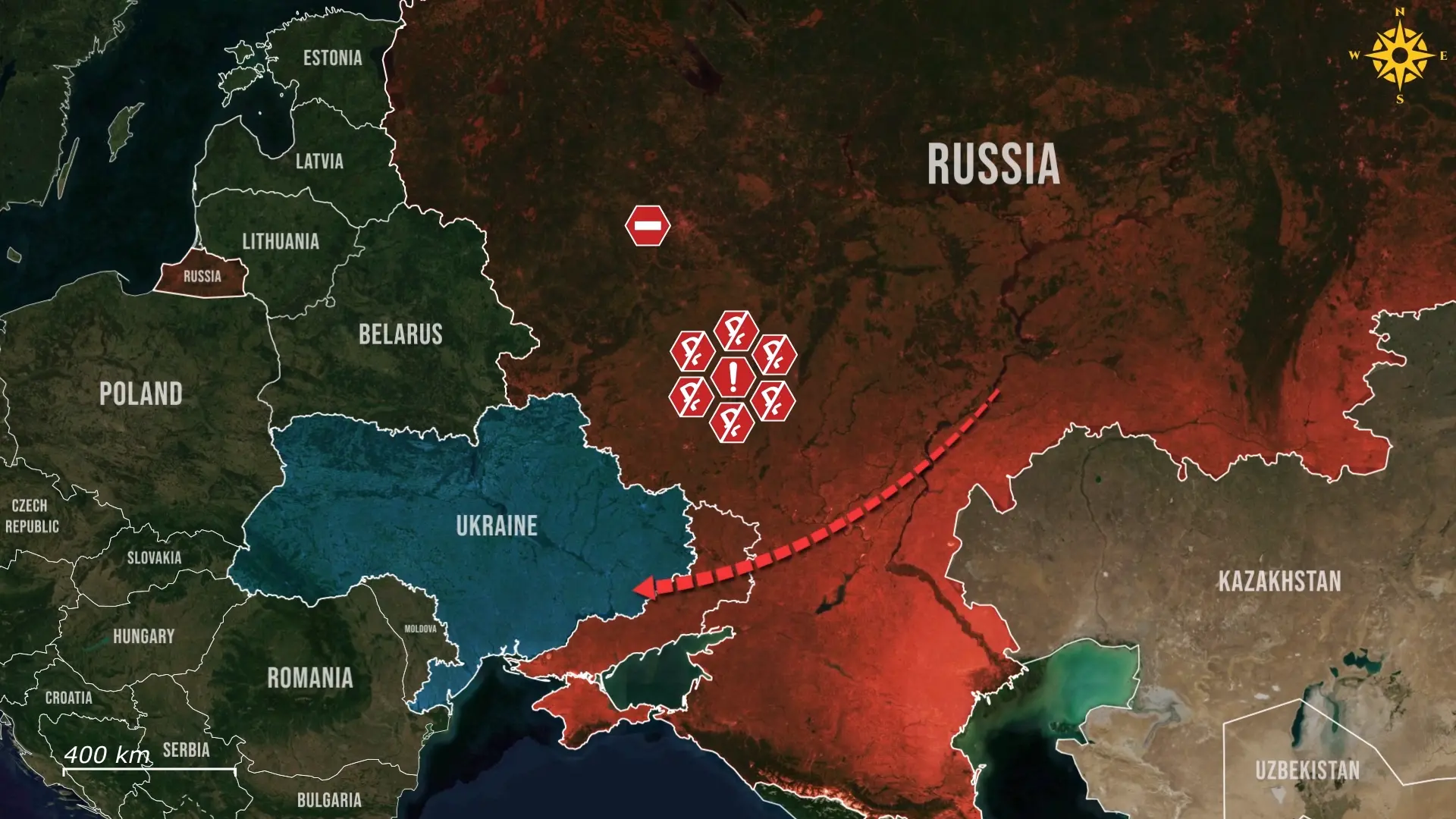
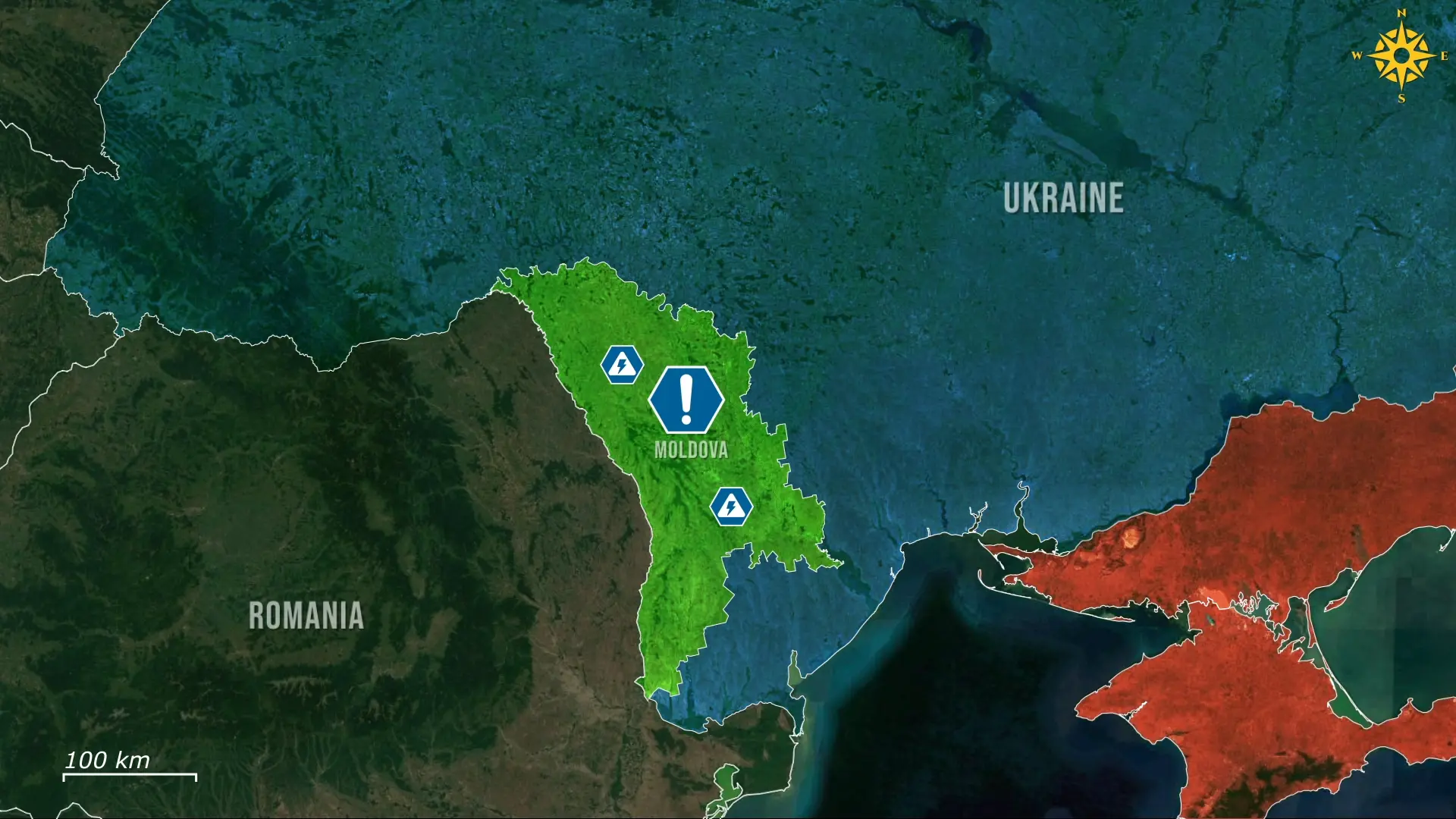
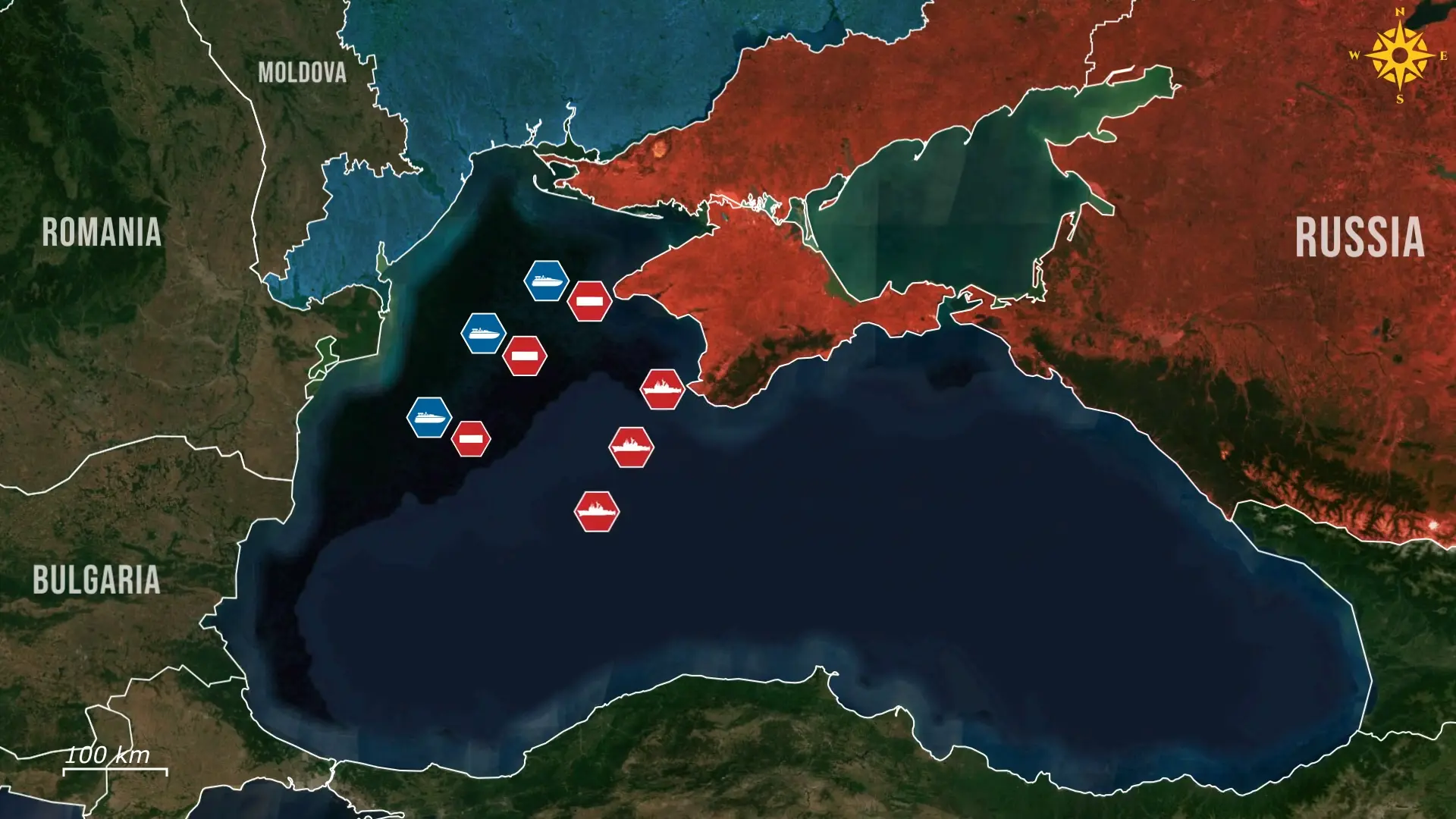
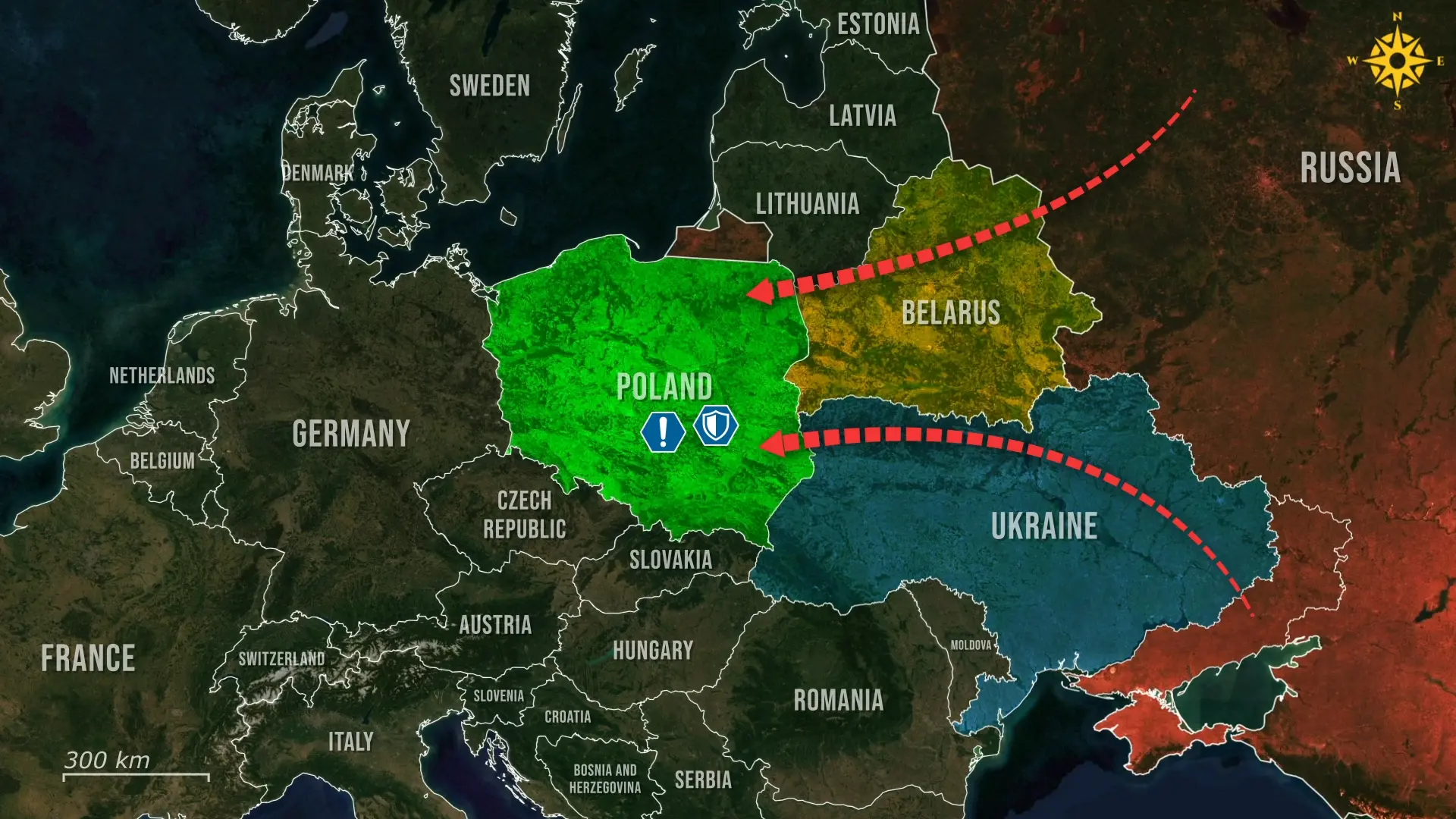
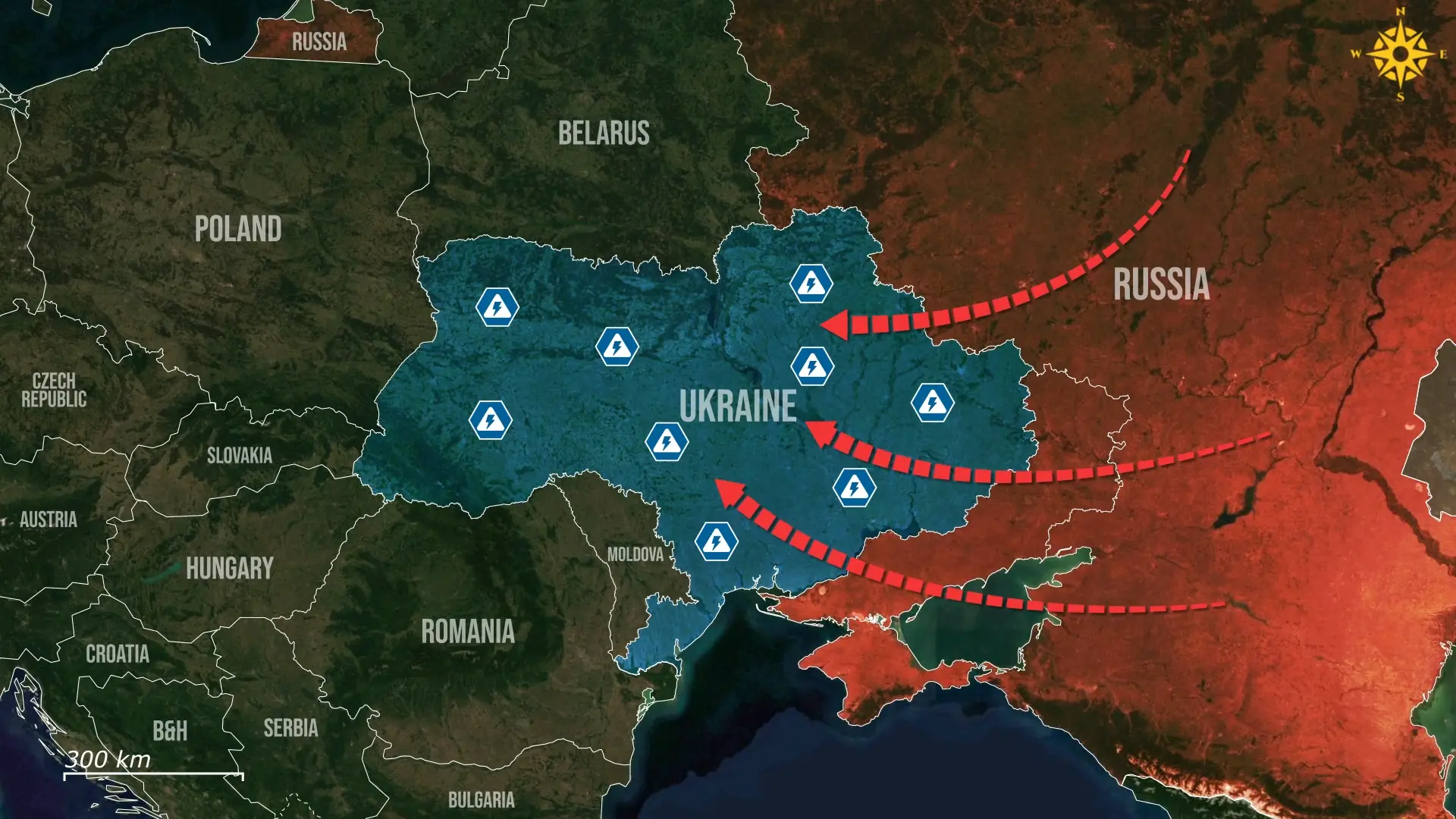
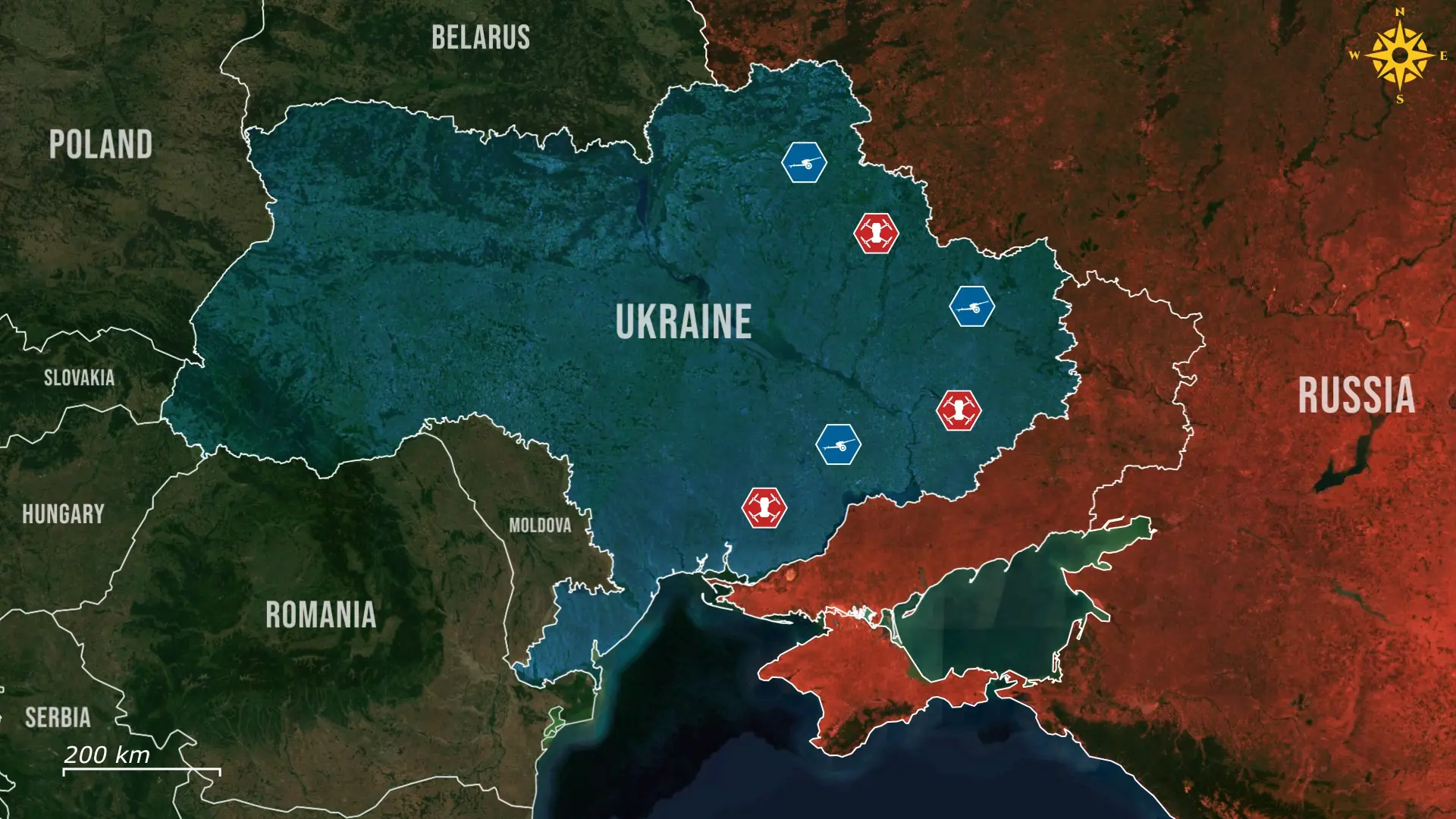
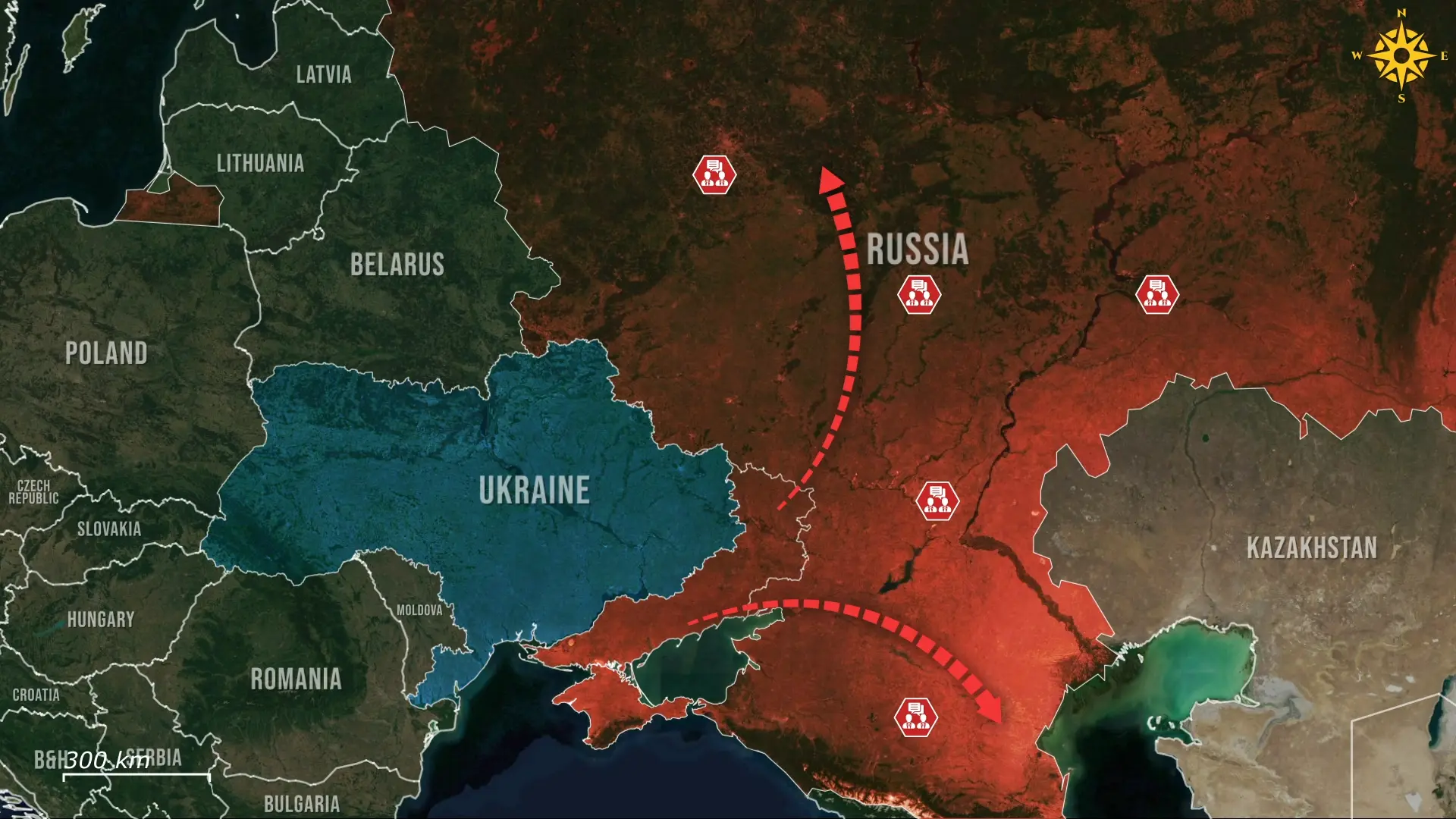
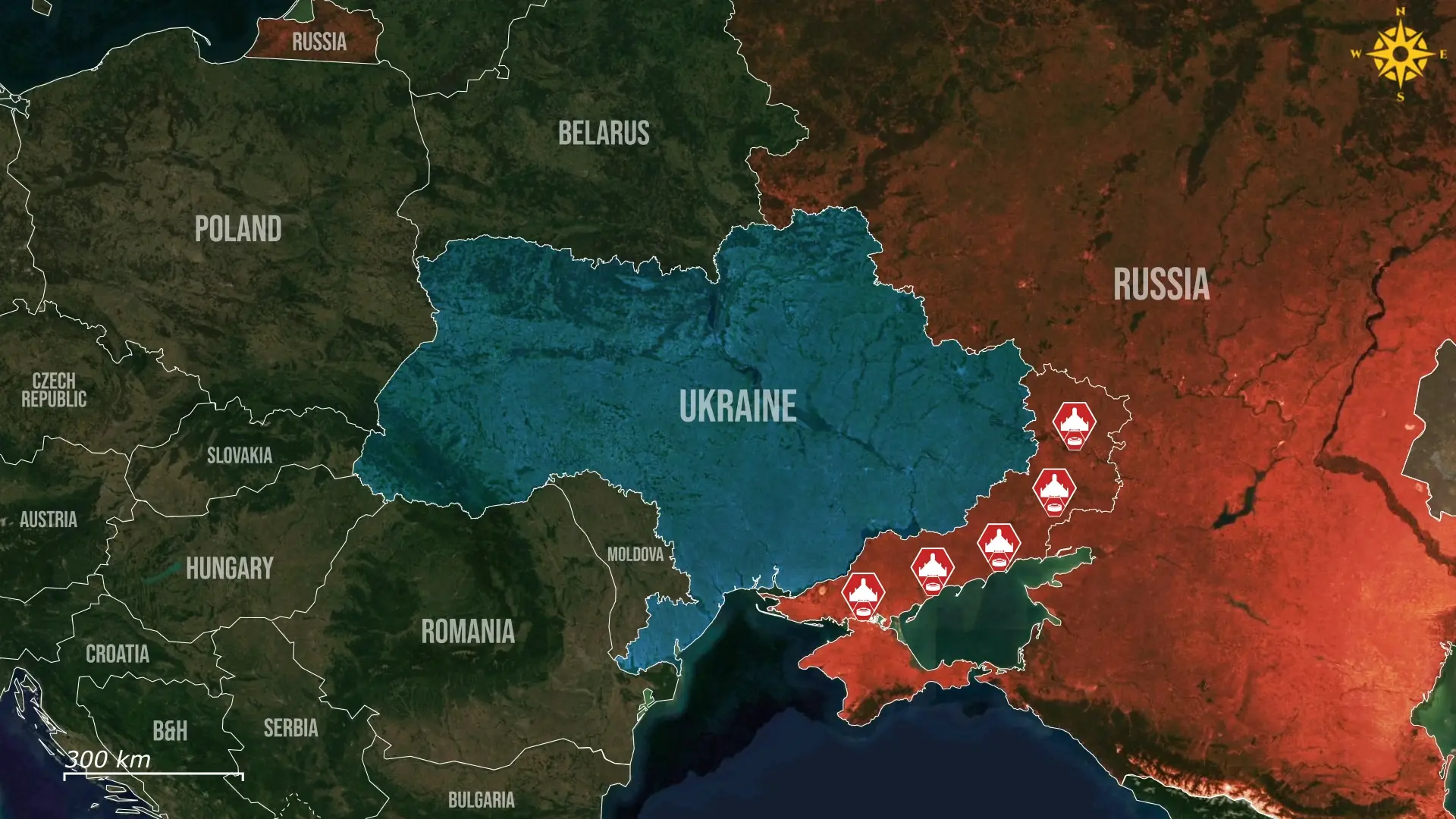
Comments